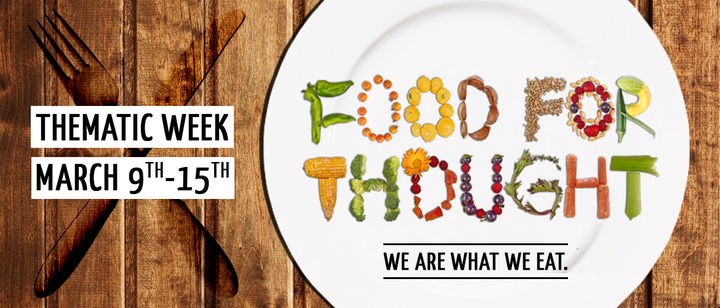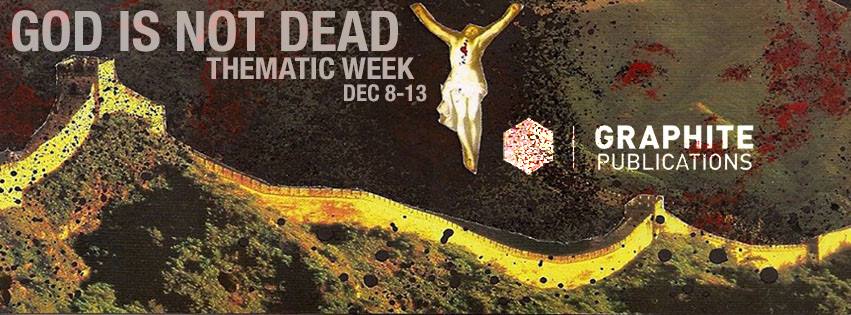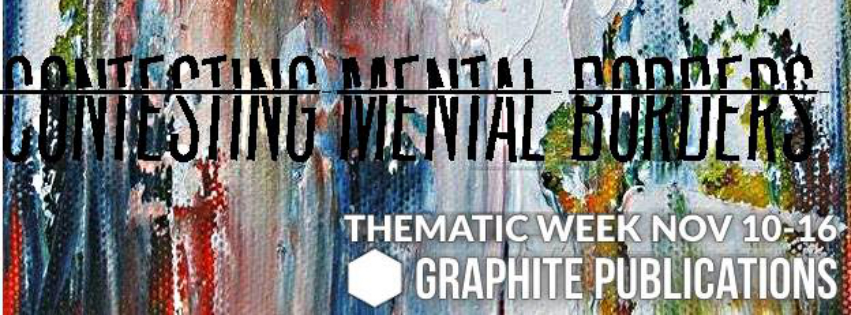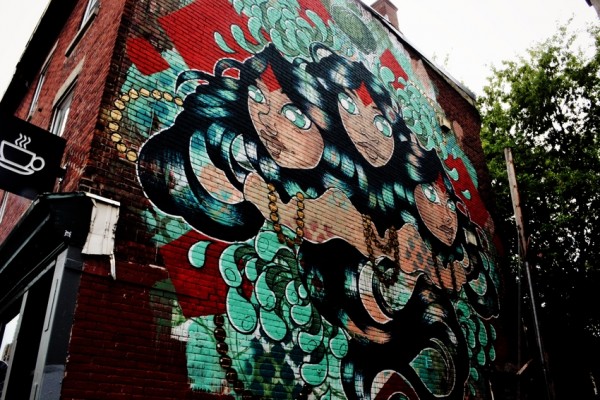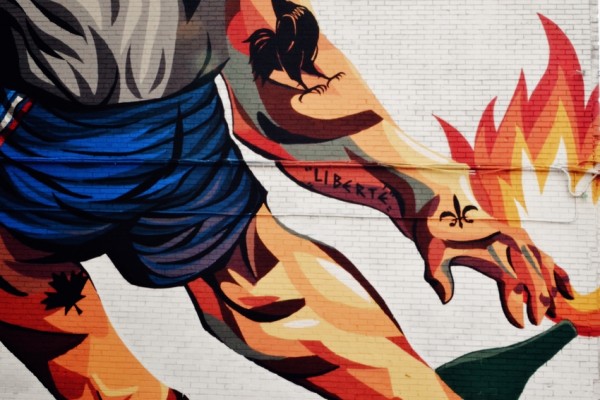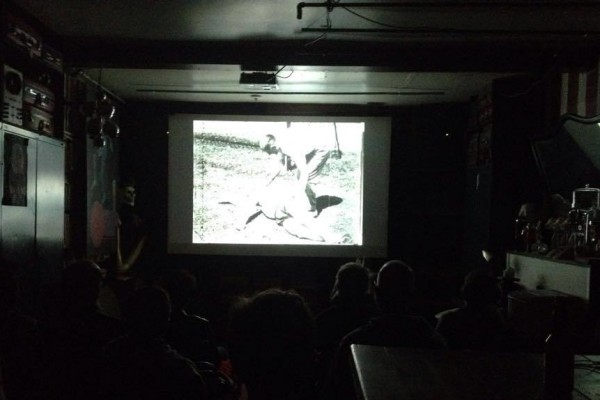Hip-Hop, The Black Art
To understand how Hip-Hop emerged as a revolutionary movement within the United States one must put Hip-Hop in the broader perspective of black consciousness, and the civil rights movement. Hip-Hop began as another medium of expression, encapsulating the ‘struggle’ of the black community, which was reignited in the late 70s and early 1980s.
These media of expression are rooted in the attitude of the Harlem Renaissance, influenced by writers such as Langston Hughes, W.E.B. Dubois and Claude McKay, who developed the notion that ’If a man is not faithful to his own individuality, he cannot be loyal to anything’.
Jean Paul-Sartre describes this spiritual revolution also witnessed among former subjects of the French Empire such as Aimé Césaire, or Leopold Senghor.
To Sartre, who followed systems of oppression, it was important to recognize ‘ that these black poets addressed themselves; it is for them that they speak of black men. Their poetry is neither satirical nor imprecatory. It is taking conscience’ .
‘We must create ourselves to save our very own humanity’, this need for self-expression was further accelerated by the systemic violence of the United States, a nation still assuming and reinforcing the inferiority of the Negro. This fire-spawning epoch, ‘the fire that ignited black arts’ (Erykah Badu), borne of irrational energy, was accentuated musically by ‘a return’ to African roots, represented by the ‘African Drums’, a corner stone of many of Hip-Hop’s first beat-makers. In stark contrast to today’s Hip-Hop the artist was never the focal point, rather they were the ‘observer’, empowering the people as the creators of his inspiration. Black became a way of looking at the world. Devoid of negativity, one looked out at the world with new eyes.
The attitude of Hip-Hop’s self-expressionism echoed some of the key messages of civil rights leaders wanting the black community to draw on other alternatives for self-empowerment.
Malcolm X embodied this sentiment in his speech: Ballot or the Bullet
‘When you have a philosophy or a gospel-I don’t care whether it’s a religious gospel, a political gospel, an economic gospel or a social gospel-if it’s not going to do something for you and me right here and right now-to hell with that gospel!’
In Hip-Hop, the song ‘Fight the Power‘ by Public Enemy manifests this sentiment.
[soundcloud id=’17027138′]
Ronald Reagan Era
Race relations in the United States improved, due to the tireless work and determination of civil rights leaders and the landmark supreme court case Brown vs. Board (1954) which ended ‘separate but, equal’ segregation. However, the thin foundations of the ‘new inclusive United States’ would soon be exposed during the Reagan administration. Reagan’s neoliberal policies, based on the concept of ‘Benign Neglect’, tormented African-Americans into renewed systemic oppression. In addition to increased inequality, due to shrinking government support programs, police targeted young black men as criminals. According to Noam Chomsky, even today a black high school drop out in the United States is more likely to end up in prison than employed.
The resentment and aggression triggered due to this lack of change would generate the dynamic of Hip-Hop, whose undercurrent especially in the 1990s remained black male anger at a nation that assumed they were inferior criminals. Of course, one must realize that embracing your stigma is a political act, this is reflected in songs such as 50 Cent’s ‘P.I.M.P’, or in Method Man’s line ‘If They Want You To Be A Monkey, Be A Gorilla’.
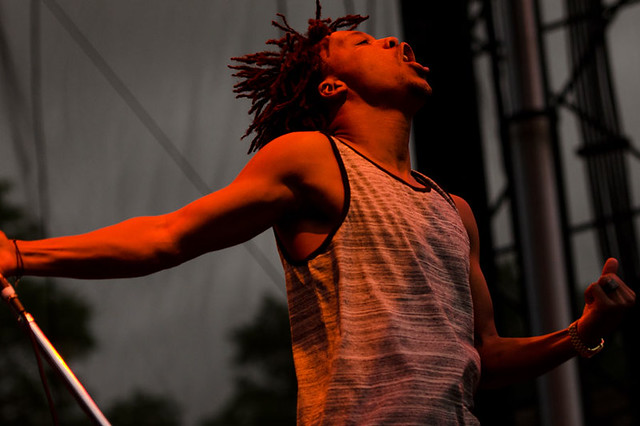
Lupe Fiasco has often been ridiculed for his criticism of the Obama regime and its drone program.
Hip-Hop Materialism (VERSACE VERSACE VERSACE)
Artists such as ‘GrandMaster Flash’, or ‘DJKool’ had their greatest success with ‘small’ or ‘independent’ record labels that mostly would not reach beyond the community of house parties, regional radio stations, local clubs, parks, and community centers. The beats and the rhymes were limitless, abiding almost to no rules, until Hip-Hop was partially absorbed by a more pervasive system. This had the added effect of altering the harmony between activism and artistic actualization in the black community into the proverbial ‘big business, embodiment of American capitalism’ system. The commercialization of Hip-Hop forced tracks and sequences to be cut down and forced artists to abide by ‘16bar’ systems and the like. More importantly though, the new model syncretized self-actualization with materialism as a result undermining black advancement.
Of course legends such as Public Enemy, Nas , KRS-ONE , and 2Pac still managed to point to some of the greatest concerns of the Negro, highlighting the structural injustice of the political economy of the United States.
Nevertheless, preference and audience in Hip-Hop clearly shifted. Hip-Hop’s Afro-centric, social-critic phase was largely speaking to a society still wanting to redefine itself in the 1980s. Late 90’s the Hip-Hop, and even Hip-Hop today, is largely targeted towards a ‘multi-cultural’ mainstream audience. This audience does not wish to confront society’s problems directly, but rather holds on to them as values of self-definition. Inequality in the United States is magnified among the black community because the need for self-actualization is often reflected in the pursuit of material goods induced by capitalism. Kendrick Lamar describes this dialectic in his song Vanity Slaves:
‘Insecurity roams the black community
[soundcloud id=’57793799′]
Homes where kids must have jewelry
The high school female need earrings and details
So she can be cool to be, amongst popularity’
This is not only a problem with African Americans, but also other peoples trying to overcome systems of oppression and injustice. Such systems, which mentally and physically affect the individual, become self-empowering as the subject is trying to gain recognition in mastering the very system of oppression he is suffering from. Too often the ability of accumulating material is glorified, today we rarely see the courage necessary to speak out about the inauthenticity of values and the systemic discrimination that enforce such values. They do exist however; few and far between, there remains rappers in the United States and worldwide still willing and wanting to use Hip-Hop to question the status quo.
Check out La Rumeur from France and Tumi from South Africa.
Hip-Hop: The Revolutionary Movement
Amid this great promise the question remains on how these voices can be commercialized without being compromised. Rising Hip-Hop artist ‘Kendrick Lamar’ tried to strike a bargain by trying to stay with his independent label ‘TDE’, while still receiving exposure from ‘Aftermath’ and ‘Interscope’. Having focused much on the activism aspect of Hip-Hop one must be careful about reducing this cultural art form to protest music, or wax poetical about a bygone ‘golden era’ of Hip-Hop. Doing so would diminish Hip-Hop to a linear progression. This way of defining Hip-Hop undermines the dynamic of the transformation of the individual value system on a societal level and fails to recognize Hip-Hop’s emphasis on the pure beauty in black arts like Hip-Hop. While many of J-Dilla’s beats certainly tried to encapsulate the realities of urban African-American reality, the pure beauty of the beats lead many to connect to its humanism. Many feel this way as well about the A Tribe Called Quest song ‘Electric Relaxation’. And certainly, as we witness have witnessed in African Hip-Hop, some songs, despite their materialism, still generate supporters due to the ecstatic dynamism of their beats.
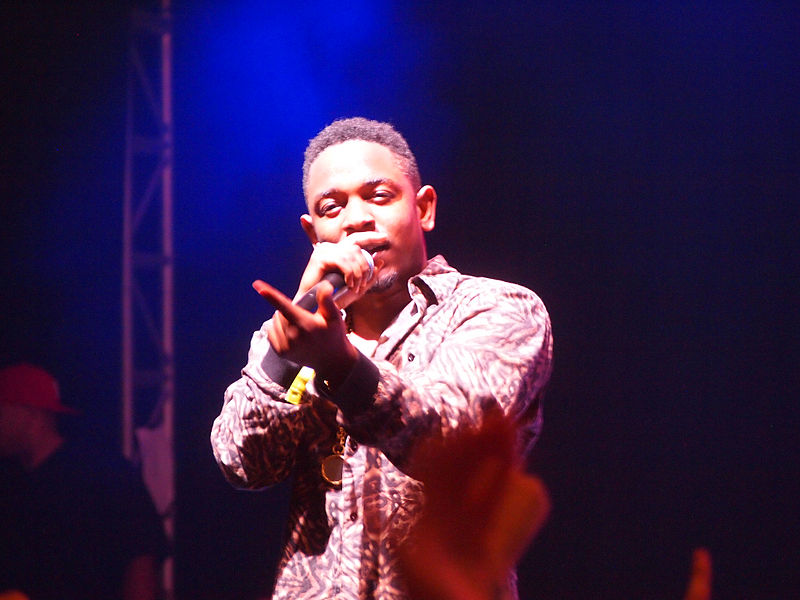
Kendrick Lamar performing in Memphis, Tenessee.
The disillusionment about the lack of revolutionary spirit of today’s Hip-Hop remains. Rappers carry a great deal of agency themselves. While the incentives to use the ‘cultural difference’ platform to appeal to the masses and reach capital goals persist, rappers committed to Hip-Hop’s universality might find alternatives for the genre.
Hip-Hop, like the 1950s-70s Jazz culture, is more than music. While it served as a platform for self-expression and actualization for primarily the black community in the past, Hip-Hop should and will now start embodying the crosscutting problems of a multi-cultural society that is becoming increasingly polarized. Many ridiculed the lyrically talented Lupe Fiasco for his open support of the Occupy Wall Street Movement and his critique of Barack Obama’s Drone policy, but Lupe’s efforts are based on a desire to usher in a Hip-Hop platform which is more grounded in self actualization through class identity and reflection.
Globalization has transformed music as the ‘mixing’ of different beats makes previously seen ‘rigid’ musical categories more fluid and is reminiscent of the limitlessness of early Hip-Hop. While such ‘new’ forms of Hip-Hop are not so grounded in traditional rules and customs, one must remember that the universality of Hip-Hop gains its dynamic from the continuous desire to change and to question.
‘To myself there is only one school and that’s the learning, evolving, going through the different phases or cycles school of hip-hop. That is the real hip-hop school. A lot of you in the world of hip-hop better start looking at the problems in your own backyard as well as the world, because while you are enjoying yourselves etc. there are many plots being sprung to destroy hip-hop in the world.’
– Afrika Bambaataa From South Bronx, NY
Sources:
1) Claude McKay
2) Jean-Paul Sartre, “Black Orpheus”
3) Afrika Bambaataa, “On Hip-Hop”

